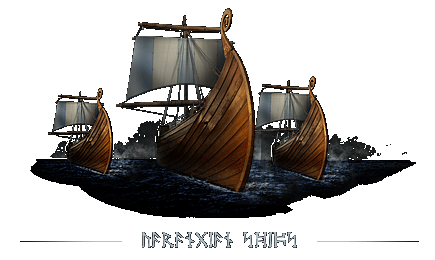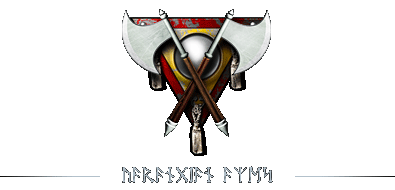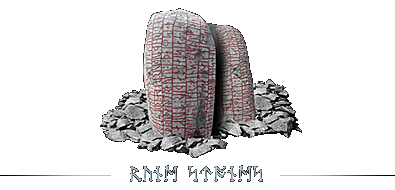The name Varangian originates from an old Norse word relating to “sharers in an oath”. The Varangian Guard formed to serve as mercenaries in the Byzantine military, banding together to protect the Emperor. Varangian was later extended to mean any Viking from Norse settlements working in the Byzantine Empire.

Besides their function as bodyguards of the Emperor, the Varangians were also charged with other duties such as the investigation of treason and conspiracies. They accompanied the Emperor during his public appearances and performed a ceremonial role. Apart from their role as protectors, the Varangian Guard were deployed in critical battles where they were known for their ferocity and ruthlessness.

The weapon of choice for the Varangians was a long axe. They also appear to have been skilled as swordsmen and archers. Their loyalty coupled with their martial prowess made them an elite body of troops who were both feared and respected.

The Varangian Guard were among the best-paid of the Empire’s troops – so well paid that membership had to be purchased. Norsemen from all over Scandinavia and Russia came to Byzantium (Constantinople), spent time in the Varangian Guard and returned home wealthy. They endured the pillaging of crusaders until Constantinople was sacked in the early 1200’s, causing their disbandment.

